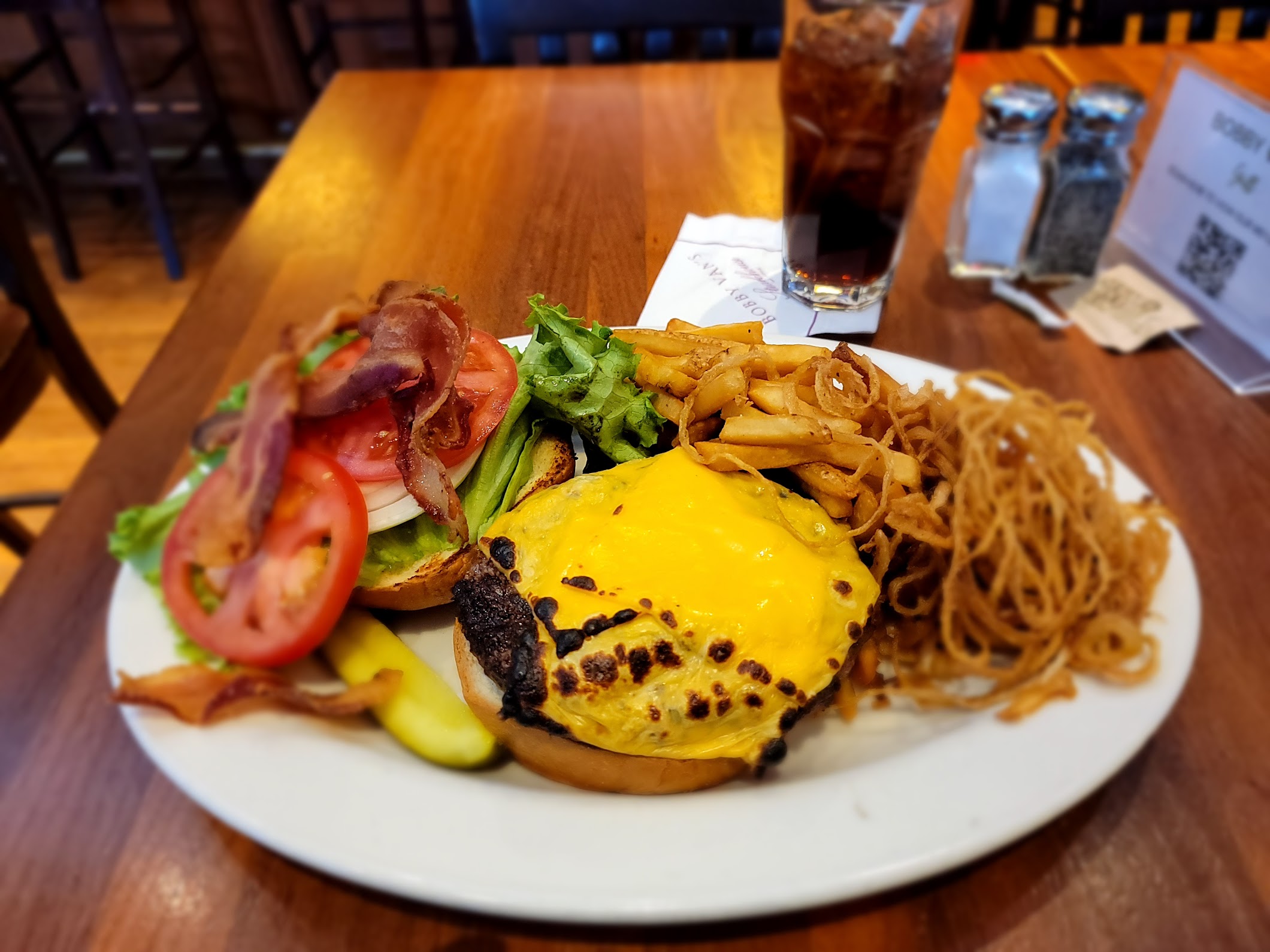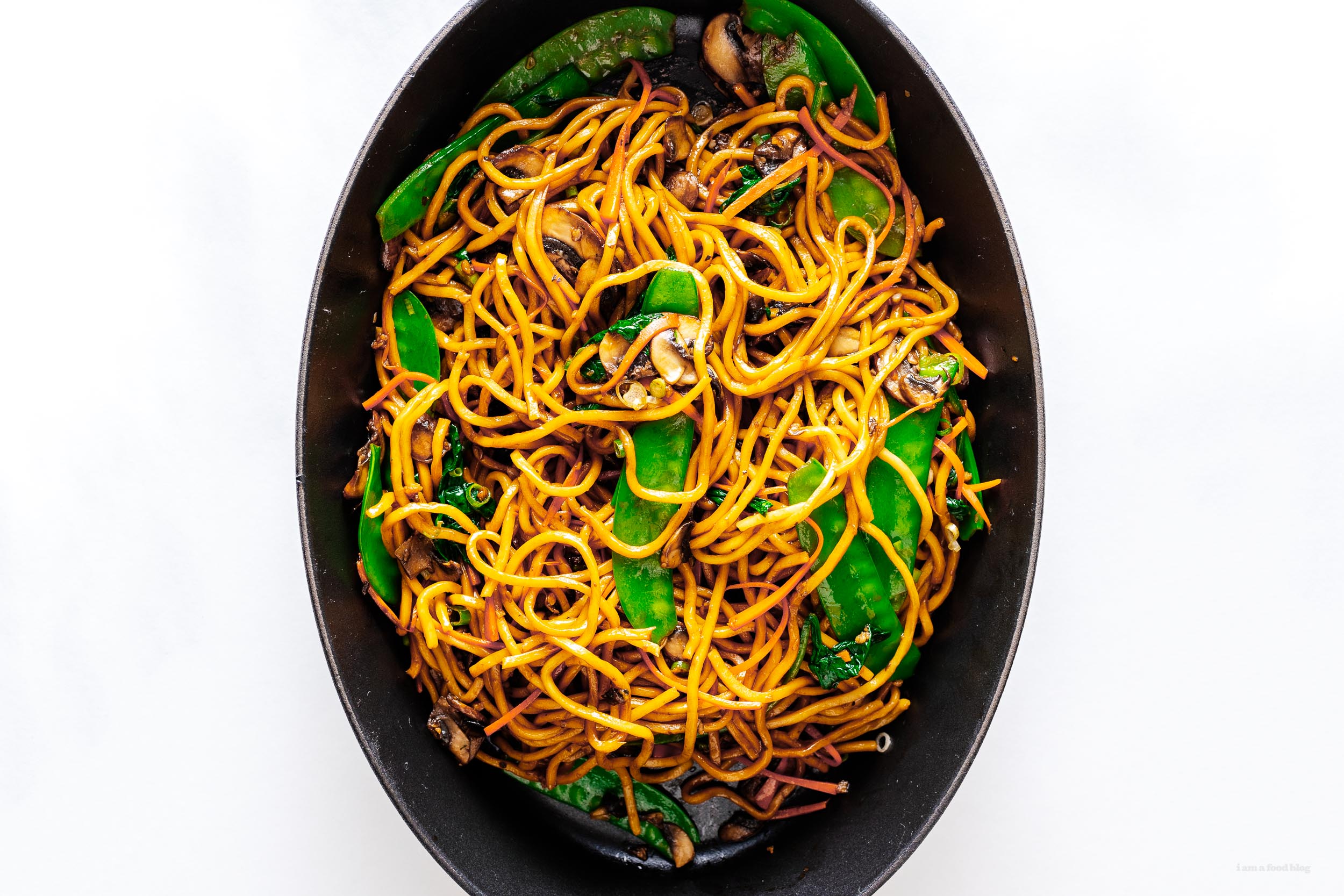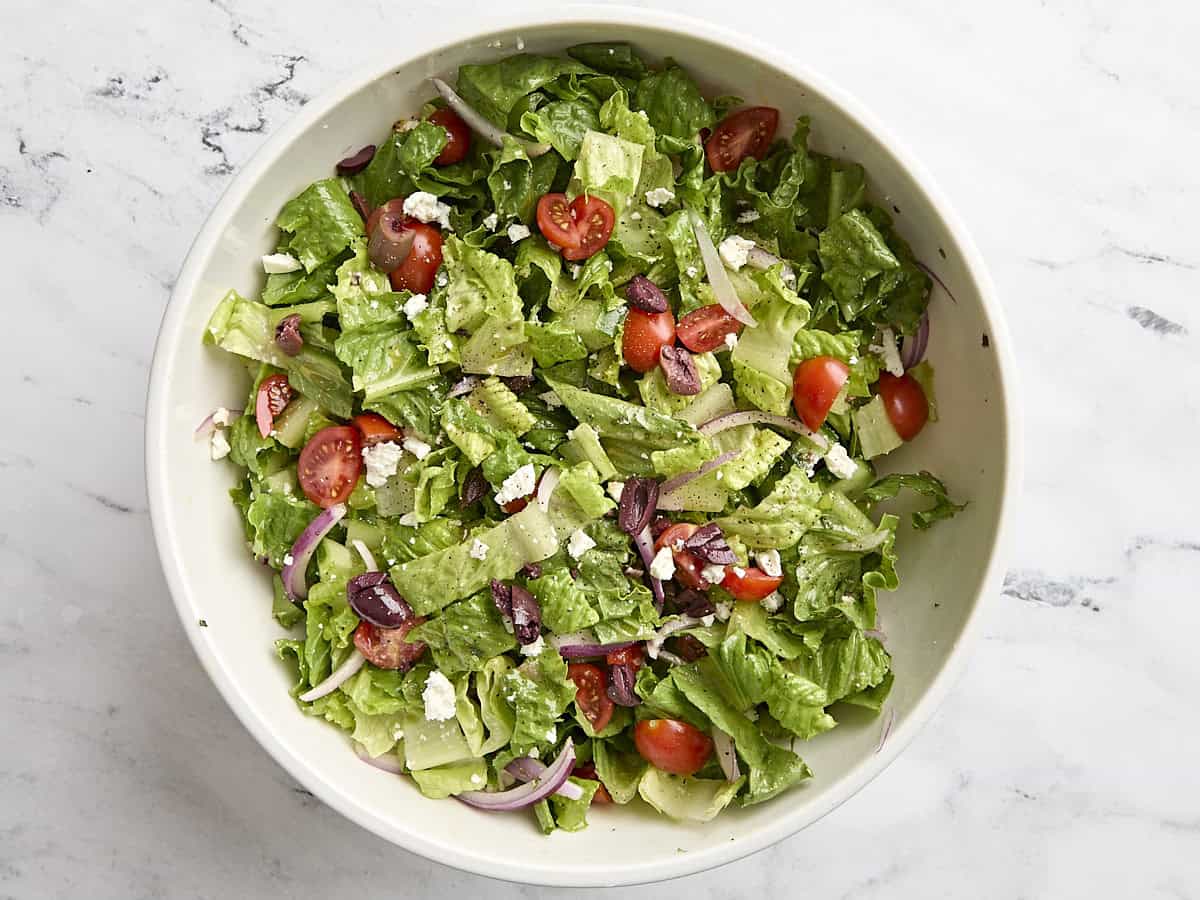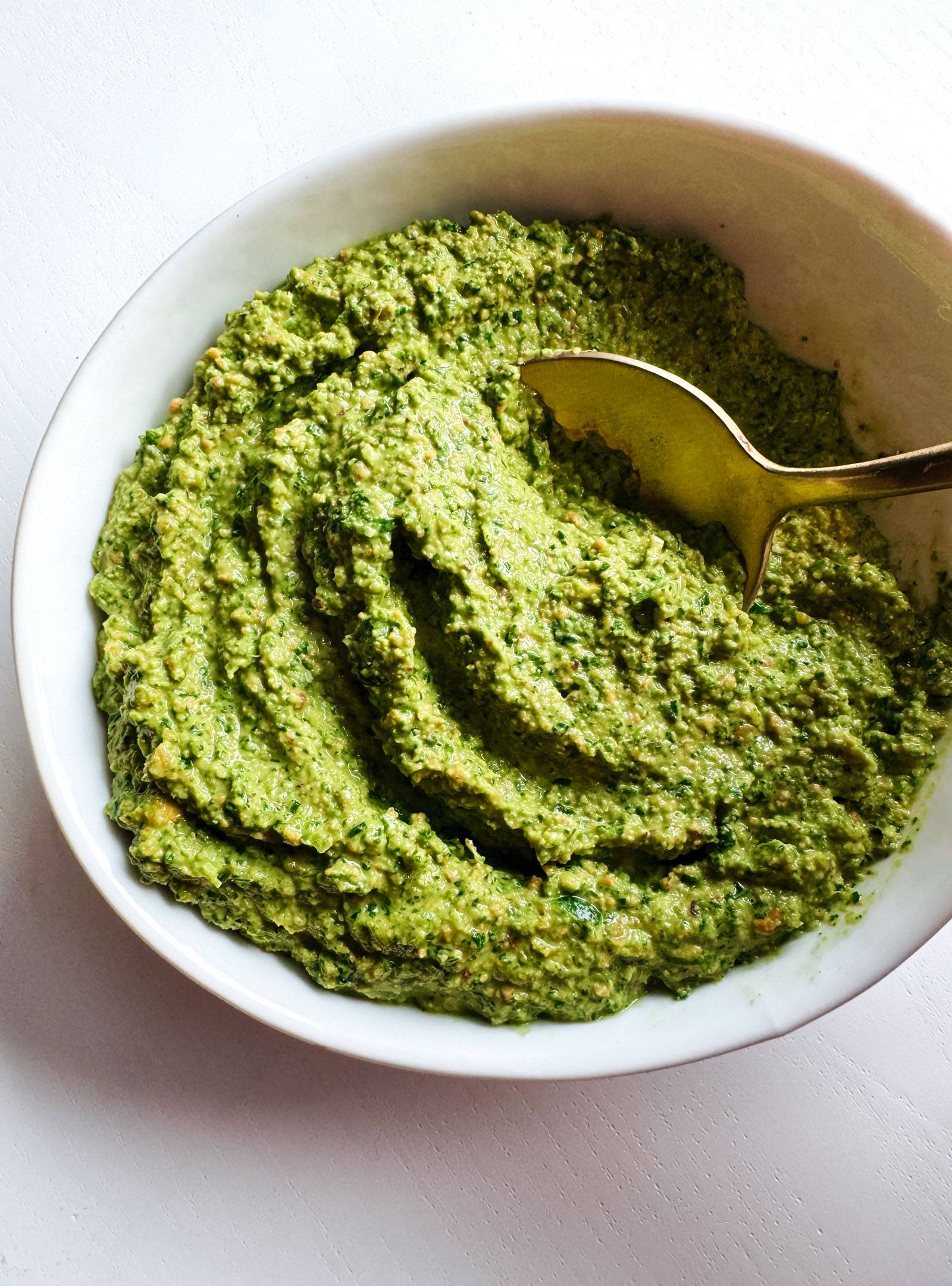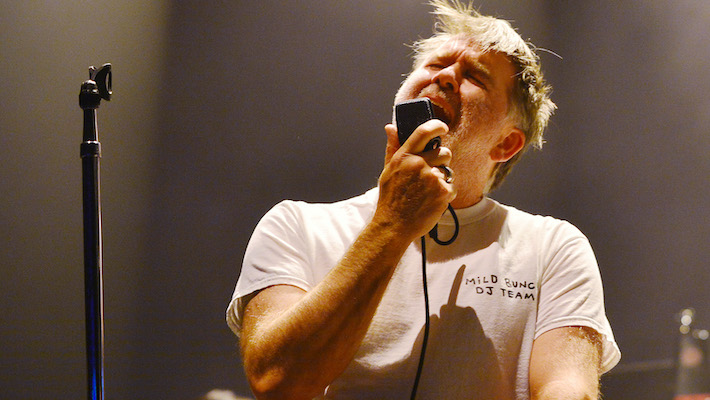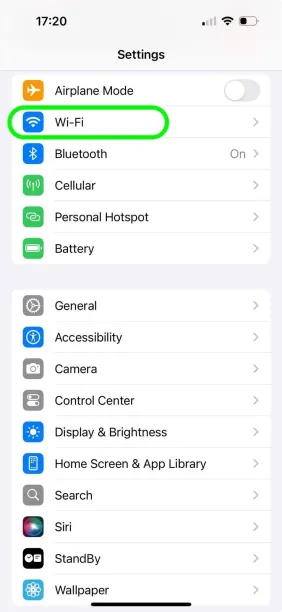Has TikTok made us better? Or much, much worse?
Editor’s note, January 17, 2025: The Supreme Court on Friday upheld a law banning TikTok in the United States, even as the Biden administration signaled that it would not take any action to enforce the ban before president-elect Donald Trump takes office on Monday. The future of the platform remains unclear. For years, murmurs of a […]


Editor’s note, January 17, 2025: The Supreme Court on Friday upheld a law banning TikTok in the United States, even as the Biden administration signaled that it would not take any action to enforce the ban before president-elect Donald Trump takes office on Monday. The future of the platform remains unclear.
For years, murmurs of a US TikTok ban have left users and creators furious and terrified that a social media app that had become central to their lives could be taken away. Again and again, the ban never actually materialized, and users continued to enjoy what had, since 2018, become one of the most creative, vital, and paradigm-shifting developments in internet culture.
But this is no longer a “boy who cried wolf” situation. On Friday, the Supreme Court signaled that it would uphold the law signed by President Biden last April requiring TikTok’s Beijing-based parent company ByteDance to divest TikTok from its Chinese ownership or risk facing a ban in the US.
As of now, TikTok plans to comply by completely shutting down its app in the US on January 19 unless the Supreme Court intervenes in its favor, which appears increasingly unlikely after Friday’s oral arguments. And despite the reported interest in buying the company from Shark Tank’s Kevin O’Leary and billionaire Frank McCourt, ByteDance has said TikTok isn’t for sale.
Nobody knows what a world without TikTok — or at least a world where the TikTok app can still technically be used, just not downloaded or updated — will look like. Incoming President Donald Trump has said he would try to reverse the ban, though he has limited options to do so.
The government’s ostensible reasoning for the last five years of attempting to ban TikTok is national security. A large and bipartisan swath of Congress is concerned that because ByteDance is based in China, the Chinese government could access American users’ data and push or suppress certain kinds of content to Americans. While these concerns are not exactly throwaways, they don’t address the more existential question of TikTok’s presence on Americans’ phones (more than 170 million of them!): Is TikTok a force for good? What even is “good” on the internet? Can a social platform ever aspire to be it, much less embody it?
TikTok is inherently different from Instagram, YouTube, Twitter (now X), Facebook, Snapchat, or any of the other social apps begging for our attention. What do we lose if we lose TikTok? I’m not talking so much about the people whose livelihoods are tied up in it — those people will surely lose business and clout, but many of them will or already have pivoted to other platforms. I’m talking more about the things you can’t quantify: the explosion of creativity you’ll see in just a few scrolls spent on TikTok, the bringing together of hundreds of cultures, the ways in which TikTok does and doesn’t act as a democratizing force. Have we been asking the wrong questions about TikTok the whole time? Whether or not you’re being spied on, was the app ever even worth using at all? Here, the cases for and against TikTok.
TikTok is good, actually
When TikTok came on the scene in 2018, the only thing most people knew about it was that it was embarrassing. Having evolved from the platform Musical.ly, which was populated largely by children and young teenagers lip-syncing to sped-up versions of pop hits, TikTok took a few months to shed the stench of cringe content. Slowly, however (and then much more quickly at the onset of the pandemic), more people were charmed by its unique video editing tools, the easy-to-replicate meme formats, and a new, burgeoning form of extremely silly comedy. In the depths of quarantine, TikTok offered an escape, whether it was in the form of scrolling through cutesy cottagecore content or families learning dance moves while stuck at home together.
What's Your Reaction?








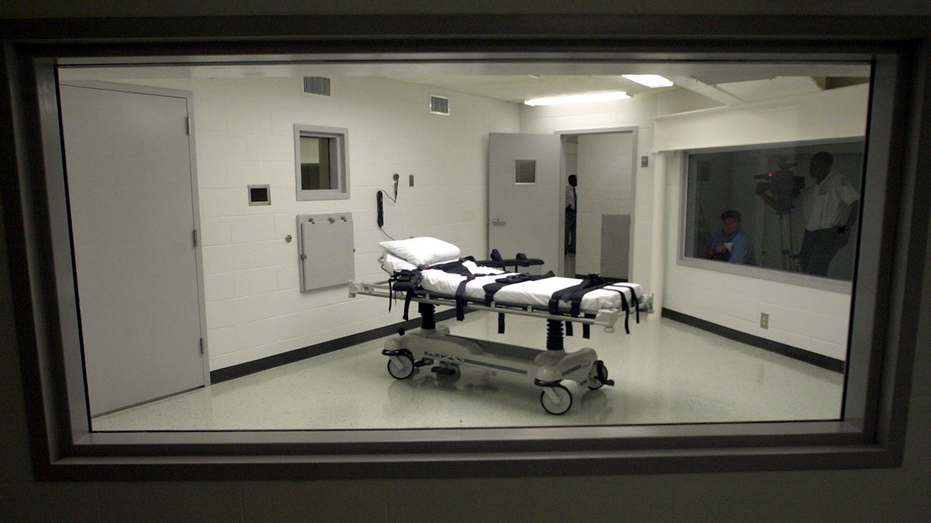



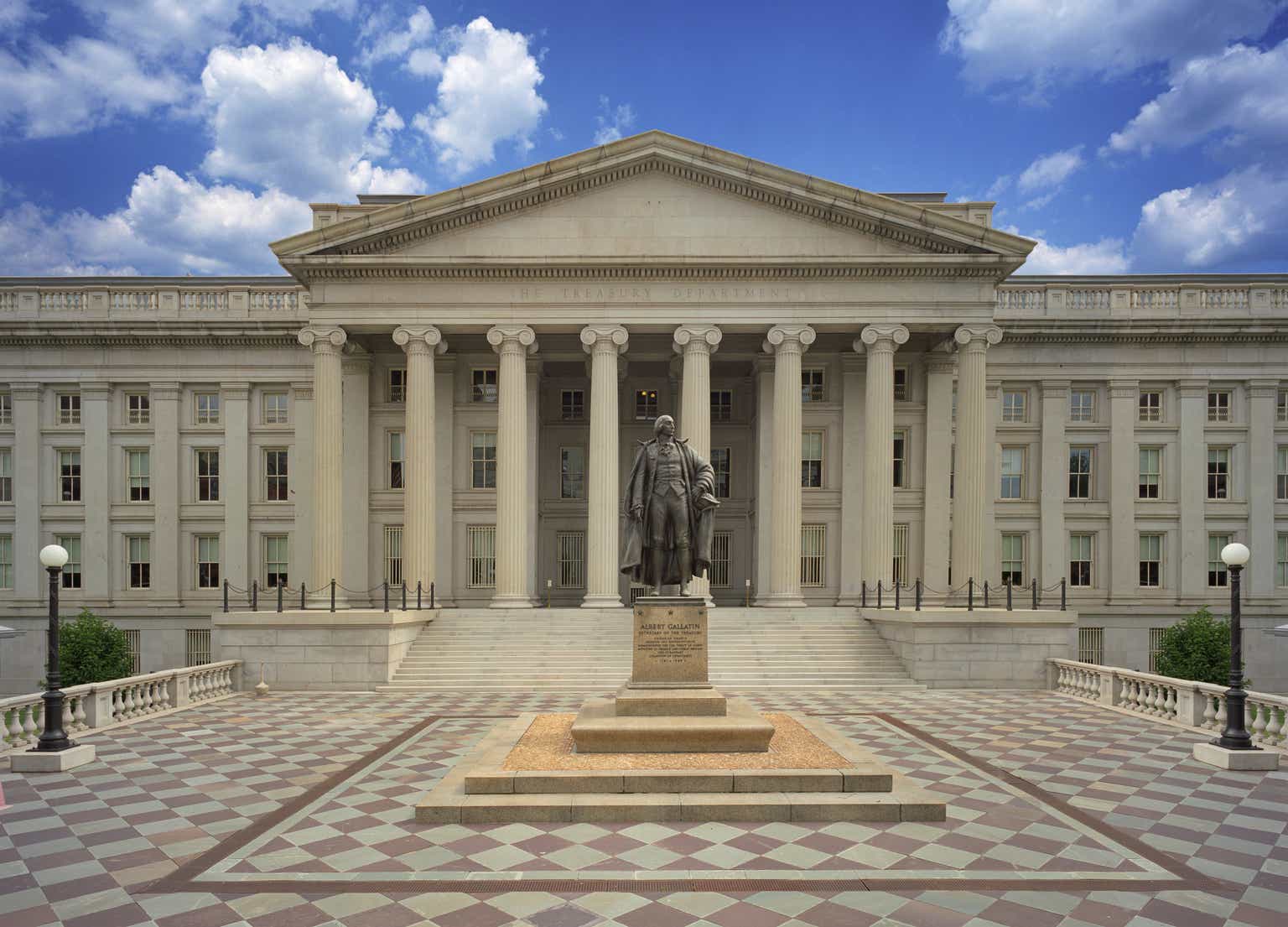









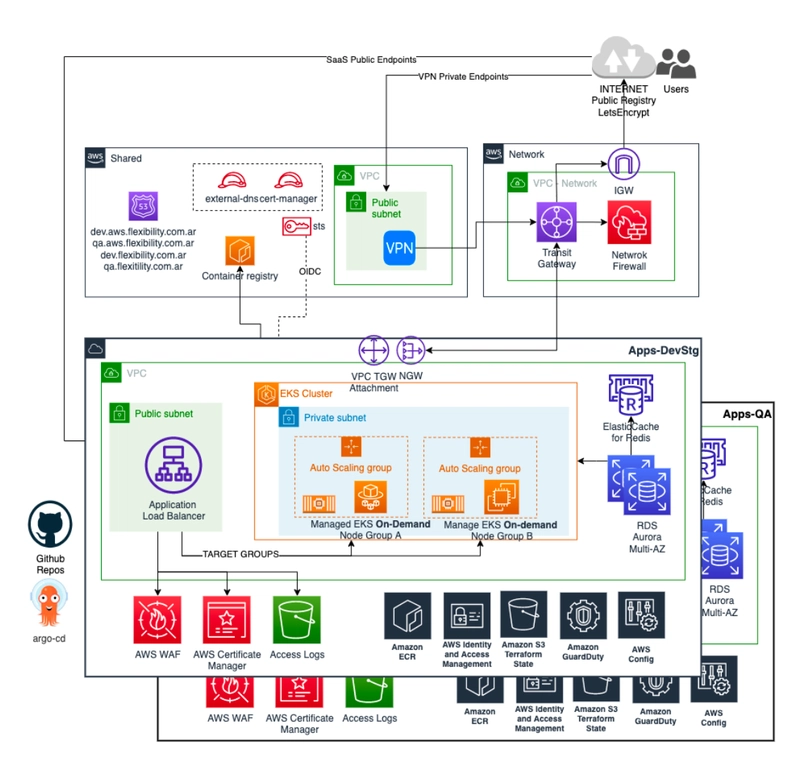




_Vladimir_Stanisic_Alamy.jpg?#)





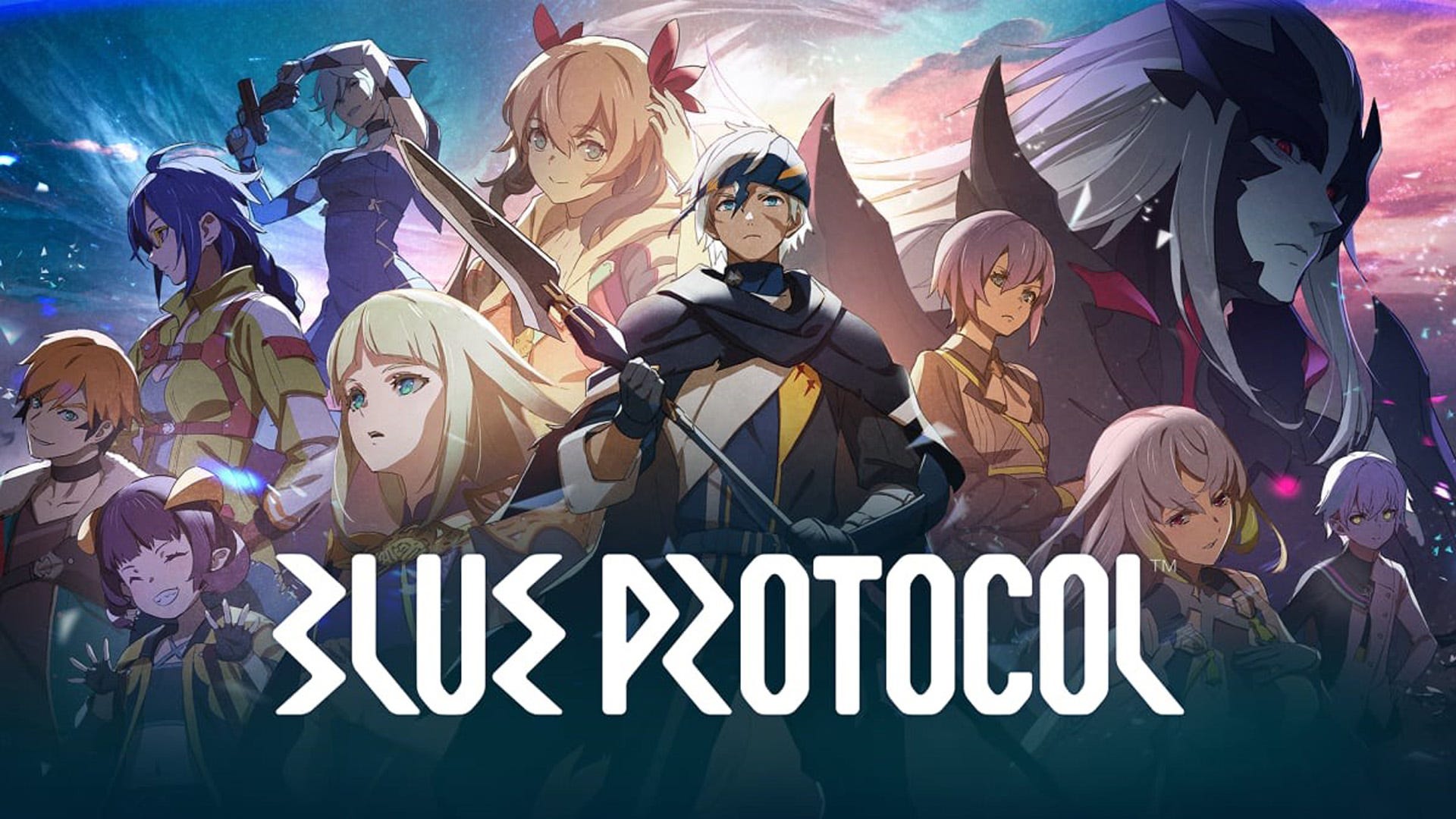
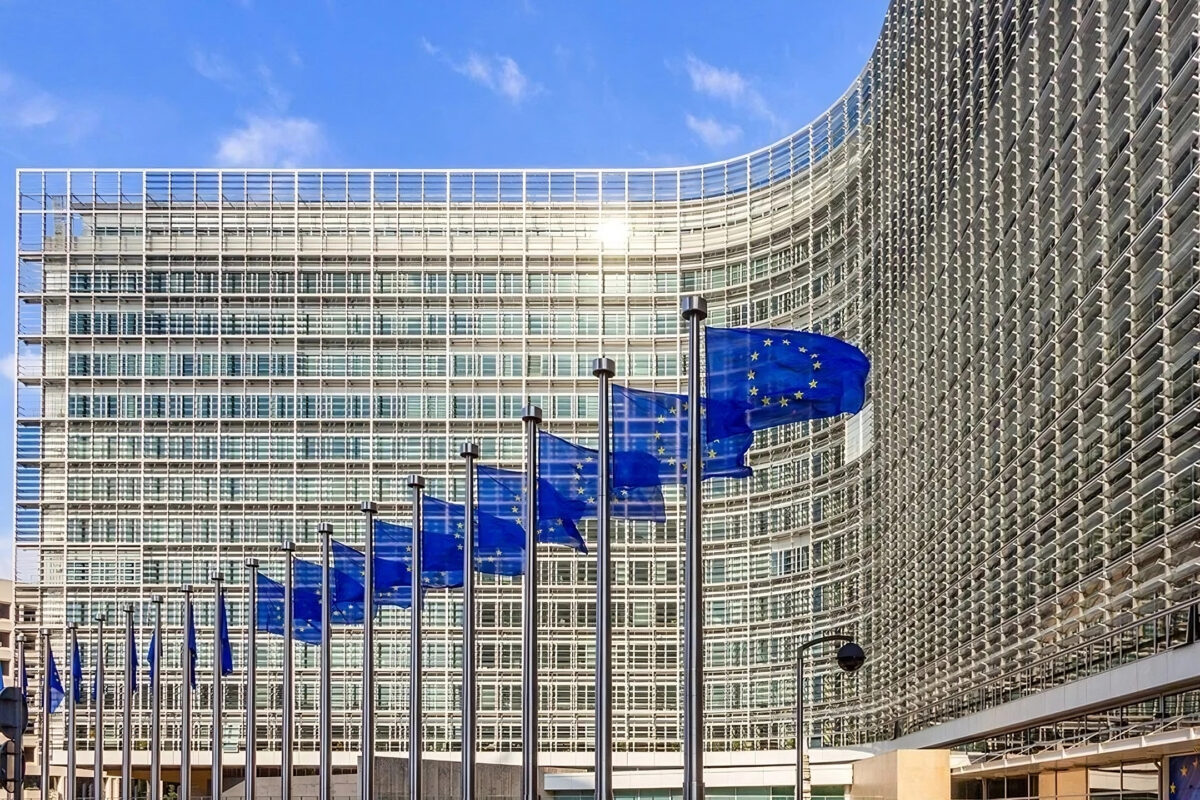

















![Kicked Out Of His Seat—Delta Passenger Forced To Move For A Dog [Roundup]](https://viewfromthewing.com/wp-content/uploads/2024/12/delta_dog_in_bulkhead-transformed.jpg?#)
